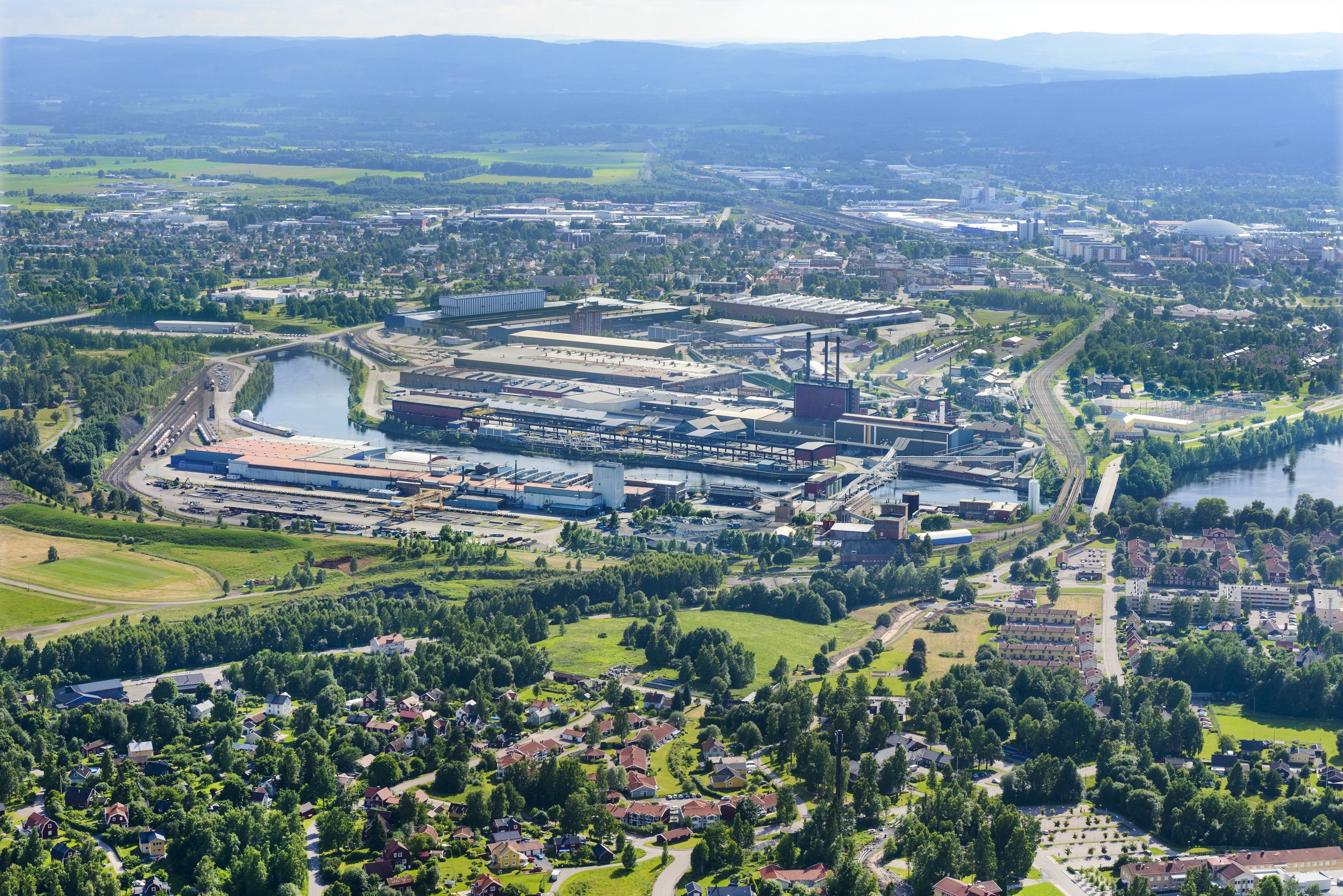
Field:
Regions' resilience and capacity for recovery
Regional policy as a field of research has emerged in Sweden during the second half of the 20th century. The field includes different concepts and definitions where institutions such as the EU, OECD, World Bank all have different ways of approaching the field. In this memo a summary has been made where regional resilience is described and its conceptual apparatus is reviewed.
We start from Martin and Sunley's (2015) well-cited article that presents a model used to describe regional economic resilience. In it, resilience and recovery are described as a multi-stage process consisting of elements such as: vulnerability, resistance, robustness and recoverability.
Complementing and extending Martin and Sunley's (2015) model, political entrepreneurship and policy entrepreneurship are also discussed, which may be considered highly relevant in terms of the potential resilience of places and regions and the entrepreneurial behaviours and orientation of established organisations. The review highlights that there is no consensus regarding possible differences between policy entrepreneurship and political entrepreneurship, but it seems to depend on the research setting in which they are used. The concepts can be understood as the discovery of an opportunity, the evaluation of the opportunity and the exploitation of the opportunity to achieve something new in policy-driven activities.
Furthermore, we review research that focuses on regional resilience and recovery strategies, whereupon different indicators to measure regional recovery are described. Like Martin and Sunley, we consider resilience as a complex process that allows for many possible combinations of change and stability.
Finally, we describe research on how regions can reset and how regional agency can play a role in implementing regional economic change. This implies that the structural conditions of places have a major impact on the ability of actors in different sectors and at different levels to counteract the effects of, for example, a firm closure. For example, by changing local and/or regional structures to support new development and growth.
In conclusion, there is a gap in regional economics research, as much of the literature has an international focus, which is why greater knowledge of the Swedish context is needed. There have been a lot of studies on the economic consequences of the corona crisis but few have had a regional focus.
Regions' resilience and capacity for recovery
Serial number: PM 2023:13
Reference number: 2021/141

